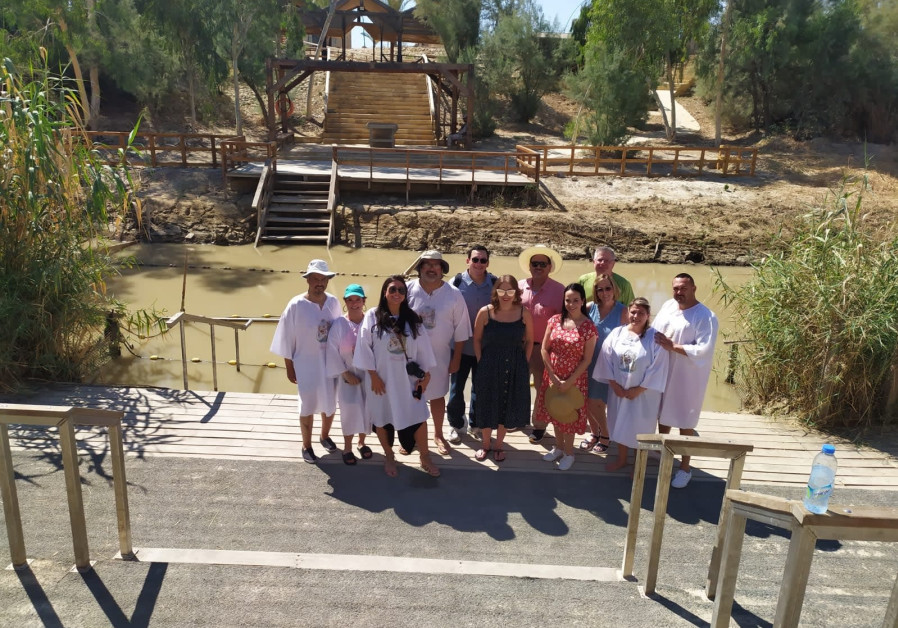For more stories from The Media Line go to themedialine.org
Meanwhile, a limited number of groups of foreign nationals continue to enter the country, as part of a Tourism Ministry pilot program, through educational programs, and as members of parliamentary delegations.A spokesperson for the ministry, Lydia Weitzman, explained that only about 1,500 tourists are scheduled to visit Israel by the end of July under the pilot project. While the first 20 groups arrived in June under a lottery system, subsequent groups of between five and 30 vaccinated persons can be brought into the country by any tour operator, as long as they meet the criteria set by the Health and Tourism ministries.“Most of the groups originated in the US, with others coming from Europe, the UK and South America,” the Tourism Ministry told The Media Line. “Many, but not all, of the tourists arriving in groups are Christian pilgrims, with others coming for sightseeing and leisure touring.”As of Monday, there were eight groups from North and South America traveling in Israel.Meanwhile, non-tourist groups continue to enter the country in accordance with government guidelines. Among these was a party of some 40 members of the French parliament who made their way to Israel on July 19, in an initiative of the European Leadership Network (ELNET), a nonpartisan NGO, in cooperation with the Israeli Foreign Ministry.Pierre-Henri Dumont, a member of the Foreign Affairs Committee in the French National Assembly, spoke to The Media Line about the delegation’s three-day visit.“The purpose of the trip was first to meet the new government,” he said. “For me, it was the third time I was coming here to Israel. And it was to find out how things have changed since the Abraham Accords [normalizing relations between Israel and four Arab countries]. I mean, that’s a huge game-changer in the conflict in the Middle East.”Dumont described his experience of entering the country during the pandemic as “more difficult [than before the pandemic]. Obviously, we had to run some tests, but the Israeli health professionals were actually very efficient.”Jacob Monty, a Houston-based lawyer who co-founded the Center for Latino-Jewish Relations along with Peter Tarlow, has brought over 100 Latino leaders to Israel since 2011.Monty told The Media Line that his group of 13 young Latino leaders, which entered Israel as part of the Tourism Ministry’s pilot program, was on a hasbara (public diplomacy) trip.“We were part of the initial June lottery and the main purpose of our trip, the mission, was to connect US Latino leaders to Israel and to develop a relationship between the two communities,” he said.
